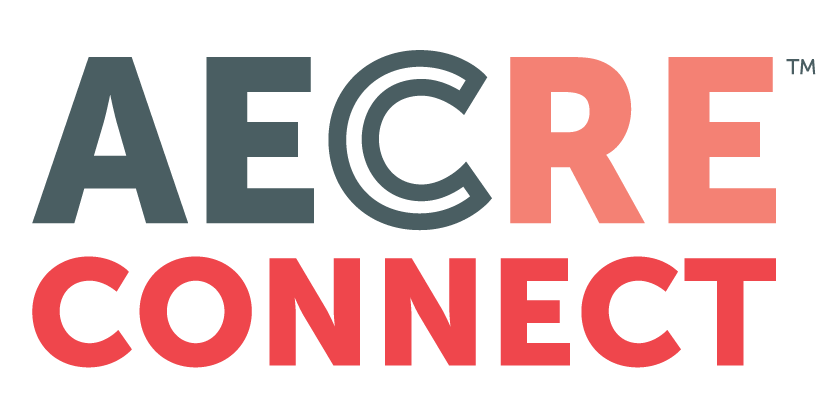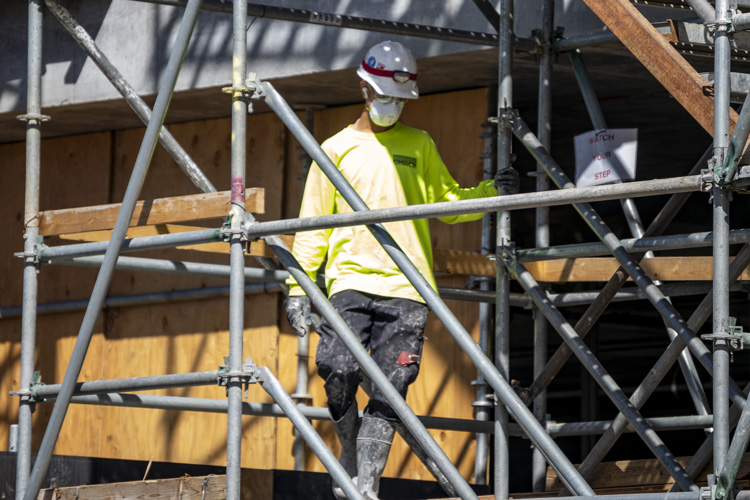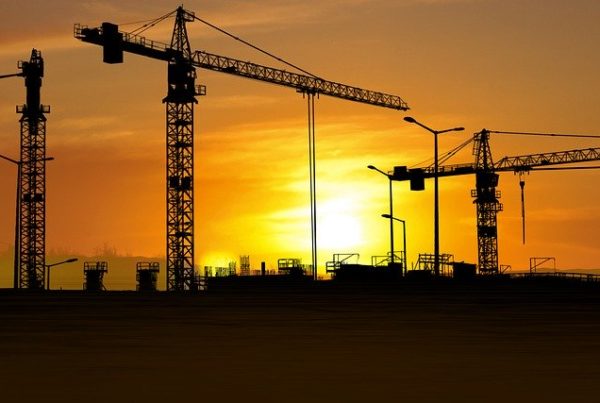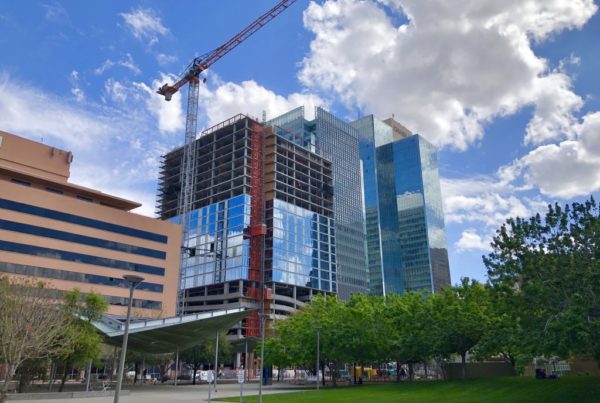Article can be found on AZ Big Media, here.
Many industries are being hit hard by the effects of the COVID-19 pandemic, with many employees working remotely and businesses like restaurants and bars offering carry-out only. One industry that needs employees on-site is the construction industry, which is still up and running at full speed in Arizona.
The chief executive officer of the Associated General Contractors of America, Stephen E. Sandherr, issued the following statement in reaction to steps being taken to put in place arbitrary halts to construction activity in certain parts of the country: “Halting construction activity will do more harm than good for construction workers, community residents and the economy. Construction firms are already acting to ensure the safety and health of their employees in the face of the coronavirus outbreak. These new measures, which include increased hygiene and halting group gatherings of staff, are in addition to the fact construction workers already wear protective equipment, including gloves that will help protect them and their co-workers.”
The AGC of America is the leading national association for the construction industry. The AGC membership is made up of more than 27,000 firms, including more than 7,000 of America’s leading general contractors, nearly 9,000 specialty-contracting firms and almost 11,000 service providers and suppliers belong to the association through its nationwide network of chapters.
Sandherr continued by stating that, “halting construction will do little to protect the health and safety of construction workers. But it will go a long way in undermining economic vitality by depriving millions of workers of the wages they will need over the coming days. At the same time, these measures have the potential to bankrupt many construction firms who have contractual obligations to stay on schedule or risk incurring significant financial penalties.”
In Arizona, many large-scale construction projects are currently underway and any stoppage in work will have a ripple effect throughout the economy.
“As a business, we are going to continue our work. We are going to do our individual part well because it matters to the whole,” said Brian Murray, CEO of Ryan Companies US, Inc. “This means that we will do what is best for our customers and one another. In our values, we emphasize that integrity guides our decisions – during this challenging time, staying true to ‘doing the right thing’ for our business, our customers and each other will make us stronger together. “
Both Murray and Sandherr stressed that the industry already adheres to strict safety guidelines and that companies are implementing even more safety steps to protect their employees, subcontractors and suppliers.
“We understand the need for social distancing to help slow the spread of coronavirus,” Sandherr’s statement included. “But needlessly shutting down projects where workers are already protected will not help. Instead it will threaten the livelihood of millions of craft professionals, force many small and family-owned businesses to shut down and undermine the nation’s ability to respond to natural disasters, including the coronavirus.
“In the unfortunate event construction is halted, we urge construction owners to consider continuing their scheduled payments to contractors as a down payment for work to be completed on the project. These payments will help mitigate some of the potential economic impacts of construction shutdowns.”
The ABC National Safety Committee created a list of things job site leaders should be very mindful of during this COVID-19 outbreak.
These recommendations include:
Employee education
• Provide training for supervisors, employees and other key personnel to recognize signs and symptoms of COVID-19, as specified by the CDC
• Humanize the virus by asking supervisors to greet employees at the gate or job site entry point
• Schedule daily toolbox talks to communicate news concerning the virus/project, etc. and to visually assess your crew’s health
• During toolbox talks, remind employees to keep 3-6 feet of personal space
• Review, update and communicate your “fit for duty” policy, including the requirement to provide a return to work pass if seen by a physician
Personal protection
• Personal protective equipment should be assigned to an individual, not shared among groups
• Glove technology has advanced extensively in recent years. Companies should consider a 100% glove use policy.
• Wipe down all tools before storing or at the end of every shift





